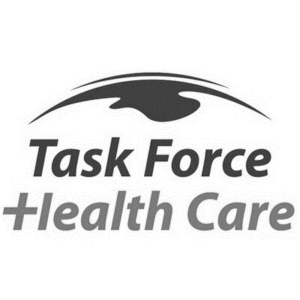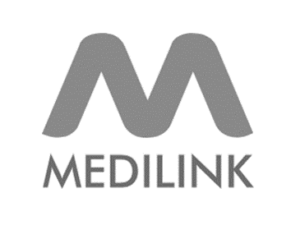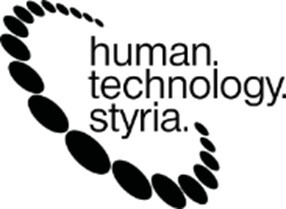Digital health and medical device innovations anticipated for 2025 are set to significantly transform healthcare delivery, enhance patient outcomes, and streamline clinical workflows.
Here are the key trends and innovations expected to shape the landscape:
Key Innovations in Digital Health
Artificial Intelligence (AI) Advancements
AI will play a crucial role in improving diagnostic accuracy and operational efficiency. By 2025, AI technologies, including large language models, will be increasingly integrated into clinical decision-making processes, helping to alleviate the burden on healthcare professionals by managing data overload and providing actionable insights.
Clinical Decision Support (CDS) Tools
The development of sophisticated CDS tools powered by AI will enable clinicians to process vast amounts of data quickly, identifying patterns that assist in rapid decision-making. This innovation aims to reduce clinical burdens and improve patient care efficiency.
Digital Tools in Clinical Trials
The use of digital tools for remote monitoring and at-home assessments will enhance data quality in clinical trials. Wearable devices and mobile apps will facilitate better patient adherence to study protocols by providing reminders and tracking health metrics.
Prescription Drug Use-Related Software (PDURS)
The FDA’s implementation of PDURS in 2025 will integrate software as a medical device into drug labeling, ensuring regulatory oversight for digital health solutions associated with pharmaceuticals. This is expected to foster partnerships between tech companies and healthcare providers for better patient monitoring.
Key Innovations in Medical Devices
AI-Powered Diagnostics
AI-driven diagnostic tools are set to revolutionize fields like radiology by quickly interpreting medical images, thus minimizing human error and expediting disease detection.
Advanced Wearable Health Monitors
Wearable devices will evolve beyond basic activity tracking to provide real-time monitoring of vital signs such as heart rate, blood pressure, and glucose levels. These devices will enable remote patient management and personalized care strategies.
Robotic Surgery Systems
Robotic-assisted surgeries will become more prevalent, offering enhanced precision and reduced recovery times through minimally invasive techniques.
Telemedicine Devices
Innovations such as portable ultrasound machines and remote stethoscopes will facilitate comprehensive examinations from a distance, improving access to care for patients in remote areas.
Smart Inhalers for Asthma Management
Smart inhalers equipped with tracking capabilities will help asthma patients manage their condition more effectively by monitoring usage patterns and environmental triggers.
3D Bioprinting for Organ Transplants
Advances in 3D bioprinting technology may lead to the ability to print functional organs using a patient’s cells, addressing organ shortages and rejection issues.
Advanced Prosthetics with Neural Control
Prosthetic devices that connect directly with the nervous system will allow users to control them through thought, providing a more natural experience for amputees.
Conclusion
The convergence of AI technologies, advanced medical devices, and digital health solutions is poised to redefine healthcare by 2025.
These innovations promise not only to enhance diagnostic accuracy and operational efficiency but also to improve patient engagement and outcomes through personalized care approaches.
As these technologies continue to develop, they hold the potential to address existing challenges within healthcare systems globally while paving the way for more proactive and integrated care models.
Sources
https://www.s3connectedhealth.com/blog/top-digital-health-trends-to-watch-in-2025
https://www.digitalhealth.net/2024/12/2025-predictions-digital-health-networks-leaders-look-ahead/












